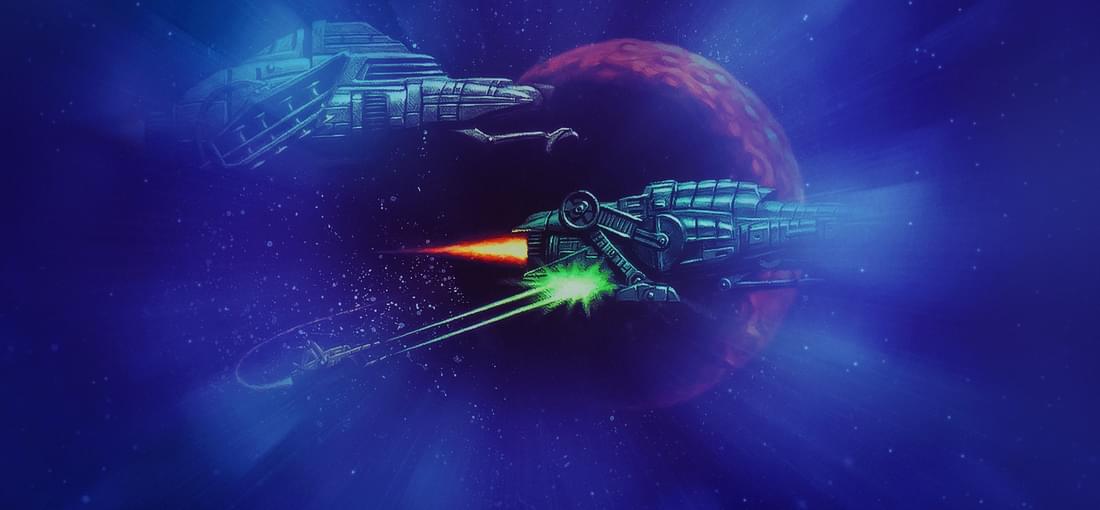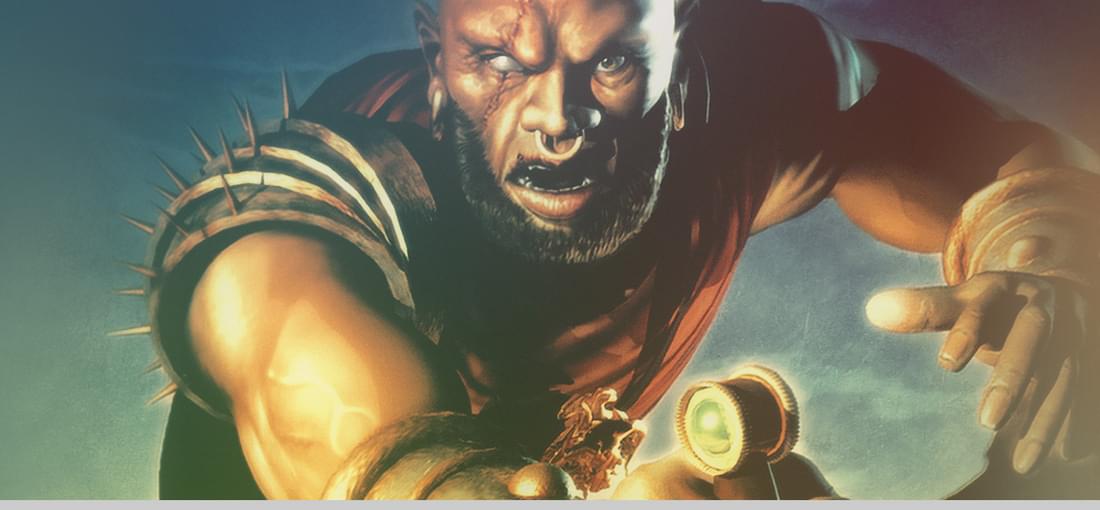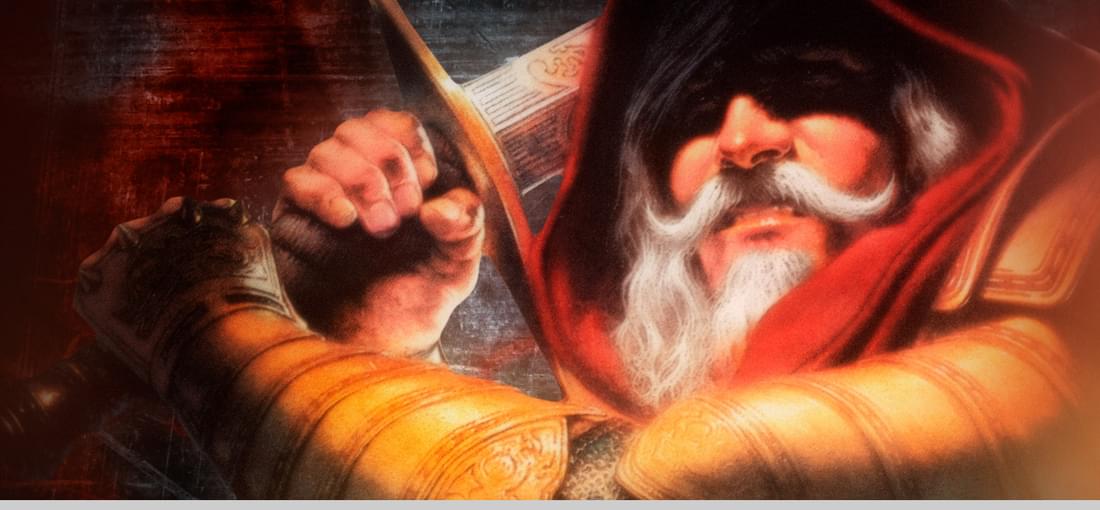


MOO2 is one of that elite group of games that has been continuously installed on the hard drive of every computer I've ever owned. As a Civilization nut who missed out on the first MOO, discovering MOO2 was just a bit like stumbling over the unannounced sequel to Civ that chronicled what happened after you launched that ship to Alpha Centauri (with apologies to Sid Meier's Alpha Centauri, another fantastic sci-fi TBS game). You simply cannot go wrong with this game. If you like deep strategy in a sci-fi setting, engaging art and a deep research tree, and the ability to tweak every aspect of every one of your vast armada of battleships, this is the game for you. It has a great balance between development and combat, and you can change the game's and your species' settings so that your gameplay experience is perfectly suited to your tastes. And now I get a treat, too, because I can discover the original MOO as well. I'm excited for it!

For those of us for whom Betrayal at Krondor was the definitive CRPG experience, watching the development saga of its sequel generated equal parts excitement and trepidation. When Thief of Dreams fell through at Dynamix/Sierra and Ramond E. Feist took his toys home, it seemed like all hopes for a return to Midkemia were lost (and Betrayal in Antara, while interesting, was a pale imitation of BaK). But PyroTechnix came through, and Return to Krondor was born. Given that it has a completely different engine and combat system (though battles are still turn-based, thankfully), RtK was always going to be a very different game. But the heavy involvement of REF in the story development and writing process was encouraging. While this is not as good a game as BaK (name one that is!), it shares its predecessor's strengths. Story, setting, and characterization are the building blocks here, and on the level of dialogue (now fully voice-acted!) I actually think that RtK surpasses BaK. The combat system is very engaging, and the inventory (alchemy in particular) and magic systems are memorably complex. With 3D-rendered sprites on 2D painted backgrounds, the graphics, while a huge step up from BaK, do look dated. But they are stylish enough that they stick in the memory. To me, the biggest misstep in this game is the amount of grinding you have to do in the first few chapters to get James and Jezhara to a usable level. I know Krondor is the home of the Upright Man and all, but how many thieves can there be in abandoned houses at night?? Answer: as many as you have the patience to kill. That said, the story is interesting and engaging, the characters are well-rounded and memorable, and the setting is a classic. If you liked BaK, I highly recommend it.

This game is why GOG should exist. I can still vividly remember waiting what seemed like an eternity for the seven 3.5" floppy disks bearing this game to install on my 386SX-16 back in 1993. I was already a fan of Raymond E. Feist's Midkemia novels, but I had no idea what a defining gaming experience I was in for. Every time I have upgraded my computer in the last 17 years, I have enjoyed kicking and cajoling this game unto working on new hardware. It has been a pleasure. And now with GOG releasing Betrayal at Krondor, the gaming public has a priceless chance to rediscover a classic. The short version: this is one of the greatest CRPGs ever made. Period. On the levels of story, character, and setting, it is a paramount achievement. The mechanics of the game system are unique and fun. At the time, it was graphically beautiful, and even now, the striking visual style of the game is enough, for me at least, to overcome the technological limitations of the time (though some of the character portraits, e.g. Pug, were groan-inducing even then). This game lives in my memory like no other. I can remember Eggley, Lyton, Kenting Rush, the Mac Mordain Cadal as if they were real places that I have visited. I remember where the most vital chests are, what their passwords are, and where to find Brother Marc outside Sarth. I remember the shock of discovering what's REALLY going on behind the scenes of the plot. I remember what a blow it was to lose Locklear after the first chapter, and how much I thought James sucked in comparison. I remember the complete WTF of traveling to Timiryana. This game offers more amazing moments than I can ever summarize. If you like story (and don't mind reading it, rather than listening to it), if you enjoy turn-based combat, if you love really digging into a detailed and well-developed fantasy world, if you prefer your games to be of a deliberate pace rather than a twitch-fest, then this is the game for you. I look forward to diving into Midkemia again myself, and I envy those who will now have the opportunity to discover it for the first time.